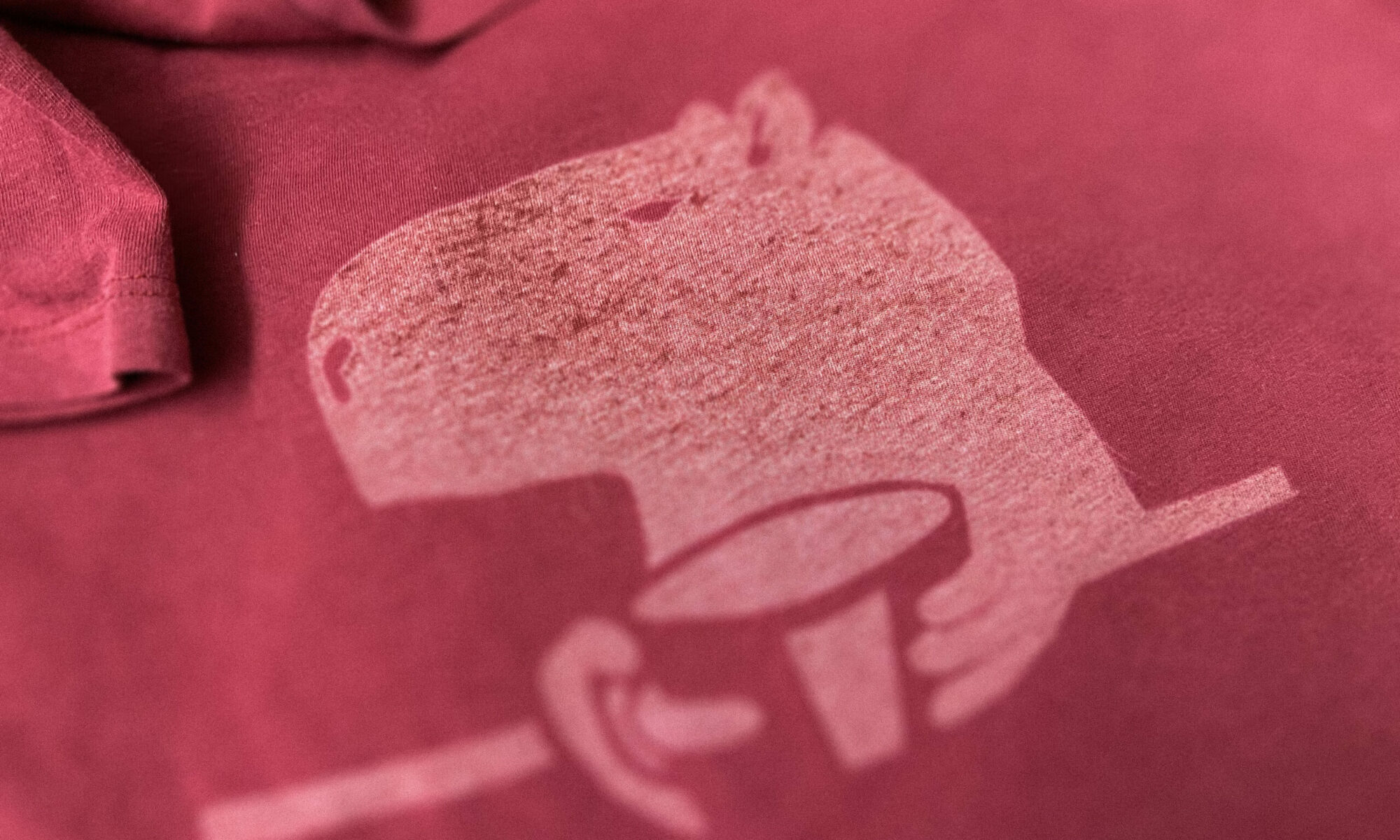A frosty Christmas eve
When the stars were shining
Fared I forth alone,
Where westward falls the hill
And from many a village
In the water'd valley,
Distant music reached me
Peals of bells a'ringing
The constellated sounds,
Ran sprinkling on earth's floor
As the dark vault above,
With stars was spangled o'er.
-Robert Seymour Bridges
"Noël: Christmas Eve 1913"
Only once, in all that I’ve spent away from home, have I heard church bells ringing over a town on the night of Christmas Eve. It was in Denmark, and I had been deposited at a stop on the main road. A small village snaked through the dark fields below me, from which rose those clear bells. I was to be the guest of strangers, as often before. It couldn’t have been late. Night comes early there, even in the low north.
Ironically, the acquaintance I was to meet had been made at the height of summer. I recall sitting with three men, pleasantly drunk, not at all following a hushed conversation in Danish, or perhaps dialect. The one English speaker remembered my name well enough: “Geoff with a Gee!” I don’t remember his, having scratched it down only as “J.” It was near 11, but the orange sun hung sluggishly above the horizon, shining through the trunks of a distant copse of trees to inflame the cigarette-stained window of the ancient pub. At some point, I’d mentioned the possibility (then remote) of finding myself that way again at Christmas. My acquaintance had invited me along, in more and fewer words, should the case arise. The men before me were all shadows.
The Meeting House was the second I’d passed, meandering down into the village. As befitting the local agriculture, the new heir to the title had been, effectively, a human pig shed: a low, metal-roofed concrete slab, full of white plastic chairs. The old Meeting House was in every way a contrast. It wasn’t large, but rose to two storeys, with masonry arches above the well-framed windows, and a steep tiled roof. Though also built of greying brick, its age versus the surrounding houses and their large flat expanses was evident at a glance.
A mailbox and wet path up the front yard suggested that the sturdy little building had been subdivided into at least one pensioner’s apartment, but I confess I saw no evidence of this later, and the path may well have led somewhere around behind. Within the privacy glass and drawn blind shone a handful of christmas lights, red and yellow. Someone moved within, momentarily interrupting the pleasant glow. I’ve always been struck by these momentary winter night glimpses into the private lives of others.
But no. The yellow lights were the trick of an approaching car’s headlights. The red were from another that had just passed. The whole effect, including the glow inside, was a confusion of the frosted glass and vinyl blind. The pensioner’s apartment was quite empty, Herr Something-or-other having no doubt gone to his child’s house for the holiday. The other, larger section, showed no signs of life whatsoever.
I continued past the old Meeting House into the village proper: A cluster of houses, garages, a grocery kiosk, and a stone church in the distance. Nothing more. Before the shut-up kiosk, I found my acquaintance with two other men. We were to return up the hill to the Meeting House. He recognized me (“Geoff with a G!”) but I confess I didn’t recognize him. Perhaps he’d shaved his beard, or I was confusing him with another of the drinkers.
Imagine my pleasure when, long before reaching the pig shed, we turned up the damp walkway to the old Meeting House. A rap at the door revealed a clamorous party inside, athough it couldn’t have been 20 minutes since I’d previously passed.
There were candles, though I don’t think they provided all the light. Food covered more than one table. (Rye bread, fish, pickled vegetables, and other things the Danes somehow thrive on.) And of course there was “snaps” in abundance–home infused flavored vodka.
All ages were in attendance, from an old man evincing neither sight nor hearing, to a small baby. The old man sat on a bench by the window, lost in a private rapture. The baby alternately slept and eyed me greyly.
An upright bass was passed my way, dusty but in tune, in contrast to a fiddle which, on striking up, seemed to have degenerated through out-of-tune into something entirely novel. I can’t recall even mentioning I’d played once. The music reared to life, and soon it was all I could do to keep up with the chords of the unfamiliar tunes. The fiddler, for all his instrument’s deathless vigor, appeared himself three-quarters in the grave, sunken eyes aged terribly beyond years less than mine. Another man drummed, white haired despite a youthful face. In my concentration, I was surprised to notice that a game had begun.
At the center stood a tallish man in an unadorned dark cloak, with horns of some kind on his head, masked into apparent blindness–some parish Mari Lwyd type figure. The children ran and danced around him, trying to evade his arms as he turned dizzily, sweeping forth but making little attempt to actually catch them.
A pigtailed young girl grinned at me as she capered past. Struggling as I was with finger memory, it’s likely that it wasn’t her very next pass when I saw her again, but it seemed no time. The eyes I met belonged to an entirely different child. Hard eyes that had never known trust gazed in accusation–not at me personally, but against the very world. The next pass, she was her previous gleeful self. Children are fickle. To this day I’m not certain whether it were twins or the same girl. I can reconcile neither option.
My doubts regarding the blindness of the Mari Lwyd-man were enhanced by his frequent snatches at a particular girl, older than the rest, but wild and ingenuous in the midst of the game. I could presume her age exactly, in fact, by the white Confirmation dress she wore. Fourteen is the age of Confirmation there, and while I take it the pretty ensemble is meant to be rather special, I’ve never thought much of the notion that a dress should only be worn to one celebration.
The game ended, and I needed a rest and a toilet. I gathered that there were no indoor facilites for this (or at least none usable) and was waved out to the pleasantly chilly back yard. The stars had gone, though a glow suffused the clouds. At the fence, the fellow in the antlers had apparently gone on the same errand. He still wore his mask. After all these years, I’ve never figured out what kind of antlers or horns he wore–reindeer I thought, but books show me otherwise. I couldn’t tell (and didn’t want to precisely look) but he seemed continually to be facing away, though we stood at the same fence. Equally, I couldn’t even say whether he was at his business. I’m only certain he didn’t return my vague grunt of greeting. He was still there when I left. Sometimes it takes a while.
The remainder of the evening I can tell you nothing about. Not until the end–or the end for me. Maybe the end for much more.
I found myself sat on a bench against one wall. A woman, much older than me then (and indeed now), handsome but not kindly, sat grandly to my right, in a chair that could have been borrowed from Hamlet. What she was speaking about, I couldn’t tell you. Everything was subtext, and innuendo. She thought she was tempting me. In a way she was: Her imperiousness was draining. I had only so much energy. Of details about her, I remember nothing but a scarf. It draped around her, bright red in a way that should have been festive, but instead evoked crushed berries and blood. She wore it not as a shawl, but wound around her like a snake.
To my other side perched the Confirmation girl in her pressed whites. She’d somehow, in the chaos of the party, gained a crown of winter greens from one of the tables. If during the game she’d slipped down one side of adolescence, she was now insistently trying to climb the other, competing for my attention. I felt her take my arm once or twice, but in truth I was miles away.
My task, the one task I could set what remained of me to, was to count and re-count the people in the room. No count ever agreed with the former. Surely twelve people couldn’t fill even such a modest Meeting House, but each time I tallied something near that. Then it occured to me. The deaths-head and his grey drummer were playing as wildly as before, but there was no music. Light suffused each table, but not a single candle remained lit. The old man sat by himself still, blissful in his insensibility. Everyone was silent, still, heads drooping into shadows. The old man turned toward me.
It was the sharp dig of a fingernail into the skin of either arm that jolted me wildly to my feet. The old woman and the girl both clutched at me. I shrugged away, not daring to face them. The Mari Lwydman was at the back door. He was at the window. He was beside the old man. As I stumbled for the door, he was outside both windows, looking in. Others crowded behind him, craning their blindfolded heads. A touch at my back, and an antler came into the corner of my sight.
My hand reached the doorhandle.
Suddenly, I was on the road. It had begun to drizzle. The weather had turned much colder, and the pavement was icing over. The slick asphalt was blacker than darkness. I slid as much as ran along the void of a road out of that village, aware that I could be in serious trouble if a car came on a blind turn, or I went down and couldn’t get up. No one would even know why I’d been there, save a terse entry in my book with an address for a shuttered kiosk.
Houses, some with one or two windows lit, bobbed slowly past as I struggled to keep my feet. An infinite gulf of sadness stood between us, these people I’d never know nor even glimpse again, behind their lighted windows in the depth of a winter’s night. In one house rambled an indistinct man who could have been my aquaintance. Two more men were visible in the subsequent houses. In the fourth, at a table, sat the old man–the very same old man–listening perhaps to the radio, or else bent to the revelations in his own silent ears.
Pink lights suggested a baby’s room, at the end of an old farmhouse, with a blanketted bundle in a crib. A worm-eaten man paced by the window of the next house. A white head brushed his teeth, preparing for bed, in the subsequent. A tall shadow with antlers stood in the lighted glass door of the next, and I ceased looking about. The houses could consume their occupants.
Somehow, eyes down and thoroughly exhausted, I found my way to a bus later in the night, in what would have been morning elsewhere. I rode out of that place, and indeed out of the country. It was a long time before I returned.
The 12 Ghosts of Christmas
The first came to say you were loved once
The second to say you never were
The third came to say you were loved, only once
The fourth came to break your heart
The fifth was like looking at the sun
The sixth was a tatter, hanging from a chimney in the fog
The seventh lurks outside every now
The eighth knew what you really were
Nina was disloyal
The tenth you failed, and others
The eleventh is a life and death’s secret
The twelfth is a winter night’s stars



 Larger version of the illustration for my short story “
Larger version of the illustration for my short story “ “Evacuate Earth! We have fucked up. Evacuate Earth! We have fucked up…” vibrated every molecule from the core to the froth.
“Evacuate Earth! We have fucked up. Evacuate Earth! We have fucked up…” vibrated every molecule from the core to the froth.